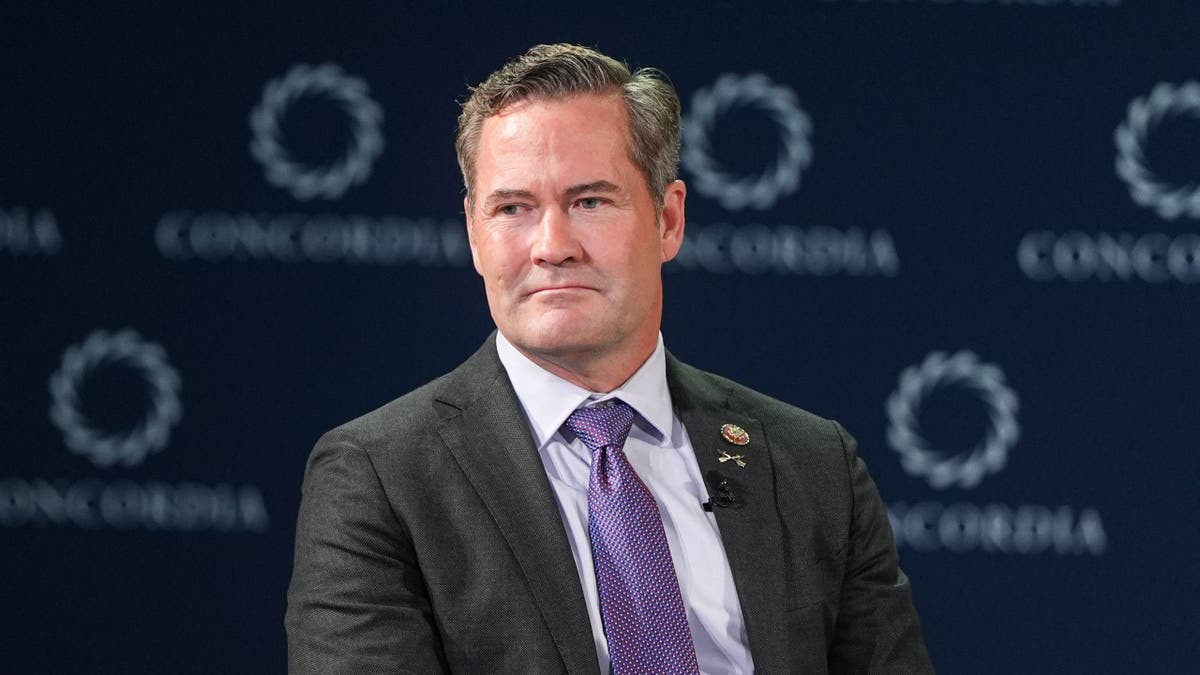The Rise of Mike Waltz: Insights Into His Role as National Security Adviser
In a rapidly evolving geopolitical landscape, the appointment of Mike Waltz as National Security Adviser has caught the nation’s attention. This blog post will explore who Mike Waltz is, the significance of his new role, and what it means for America’s national security strategy.
Who is Mike Waltz?
Mike Waltz, a former Green Beret and current Congressman from Florida, has been a prominent voice in American politics, particularly regarding national security and defense issues. With a background that includes serving in Afghanistan and advocating for veterans’ rights and military readiness, Waltz has positioned himself as a knowledgeable and capable leader in the realm of national security.
Milestones in Waltz’s Career
Waltz’s career is marked by significant milestones that have prepared him for the role of National Security Adviser. Before entering politics, he served as a Special Forces officer, where he led counter-terrorism operations. His experience in the military has given him first-hand knowledge of the challenges faced by service members and the complexities of modern warfare.
In Congress, Waltz has taken an active interest in foreign policy, often focusing on issues such as anti-terrorism, cybersecurity, and America’s role on the global stage. His work on the House Armed Services Committee reflects a commitment to strengthening the nation’s defense capabilities and ensuring military readiness.
Implications of Waltz’s Appointment
Waltz’s appointment as National Security Adviser comes at a time when the United States faces multifaceted threats, including cyber attacks, international terrorism, and geopolitical contentions with nations like China and Russia. His military background and legislative experience provide a unique perspective that blends practical military strategy with political acumen.
This appointment signifies a shift towards a more proactive national security strategy, focusing on preparedness, deterrence, and a strong international presence. His role will be crucial in guiding the administration’s response to both current threats and emerging challenges.
Strategic Focus Areas
Given Waltz’s prior work and public statements, several key areas are likely to be at the forefront of his agenda as National Security Adviser:
- Cybersecurity: With the increasing prevalence of cyber attacks from various state and non-state actors, bolstering America’s cybersecurity infrastructure will likely be a priority.
- Counterterrorism: Preventing the resurgence of terrorist organizations and mitigating radicalization both domestically and abroad will be essential.
- Military Readiness: Ensuring that the U.S. military remains adequately funded and equipped to address challenges globally.
- International Alliances: Strengthening relationships with allies and ensuring collaborative strategies to counter common threats.
- Supply Chain Security: Addressing vulnerabilities in supply chains, especially those related to critical technologies and defense supplies.
Impact on U.S. Foreign Relations
Waltz’s leadership could reshape U.S. foreign relations significantly. His emphasis on military readiness and counterterrorism aligns with traditional defense policies but may also usher in a new era of strategic partnerships aimed at counteracting rivals.
Through his keen insights into regional dynamics and his connections in the military, Waltz is expected to foster cooperation not only with NATO allies but also with partners in the Indo-Pacific region, where tensions are escalating.
Looking Ahead
As we look ahead to the future of America’s national security, the role of Mike Waltz as National Security Adviser is pivotal. The challenges he will face are monumental, but so are the opportunities for creating a more secure and prepared nation. Stakeholders across various sectors, from business to international relations, should closely monitor Waltz’s developments and proposed initiatives.
In conclusion, Mike Waltz’s appointment signifies a strong emphasis on military and strategic affairs in the U.S. government. His background provides him with the tools necessary to address contemporary challenges and to innovate in how the U.S. approaches safety on both domestic and global fronts. As he steps into this influential position, there is a palpable sense of anticipation regarding the policies he will advocate and implement in the service of national security.
For further reading on this important development, visit the full story at Fox News.








